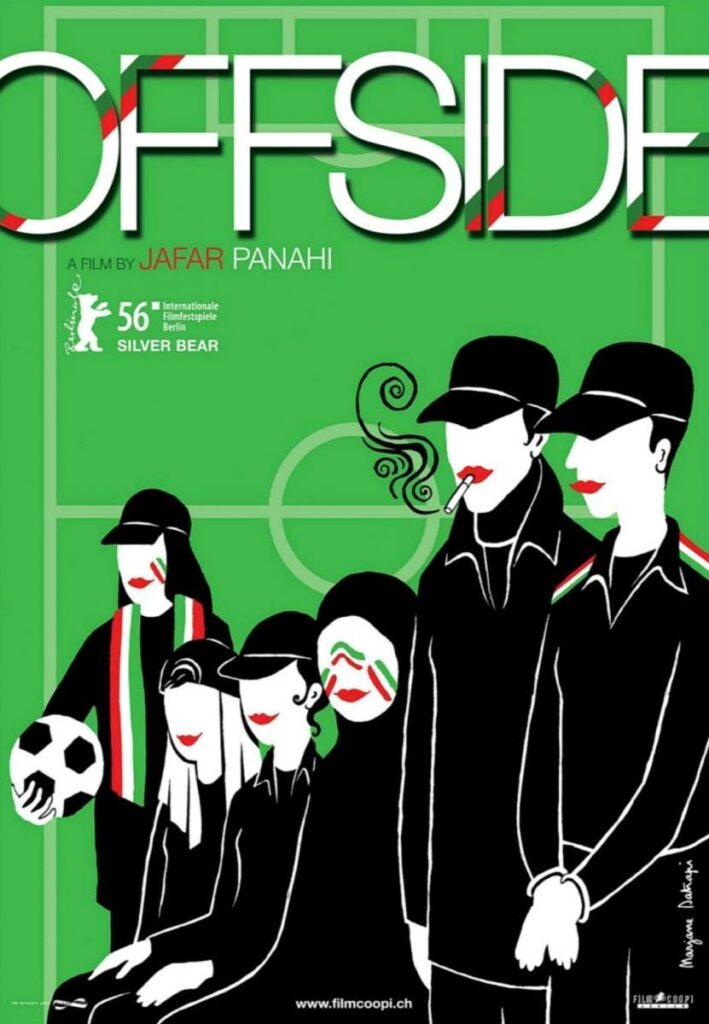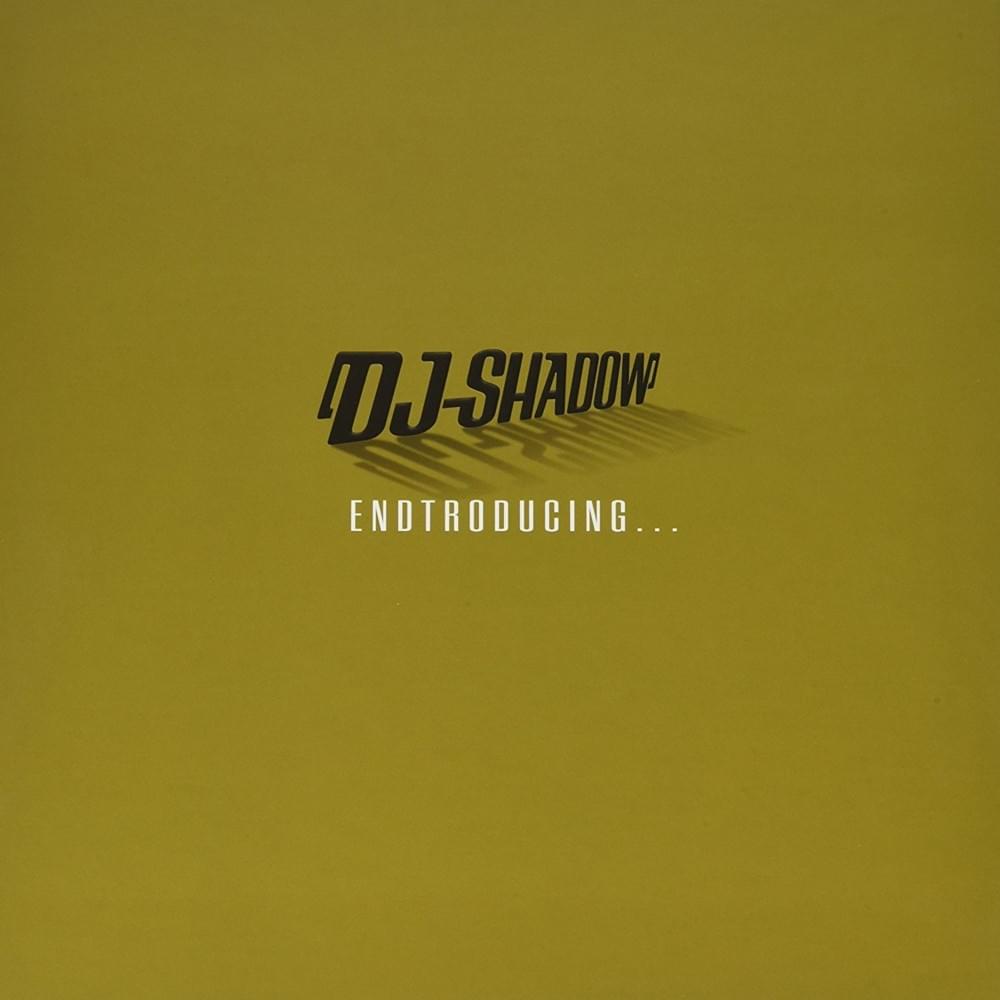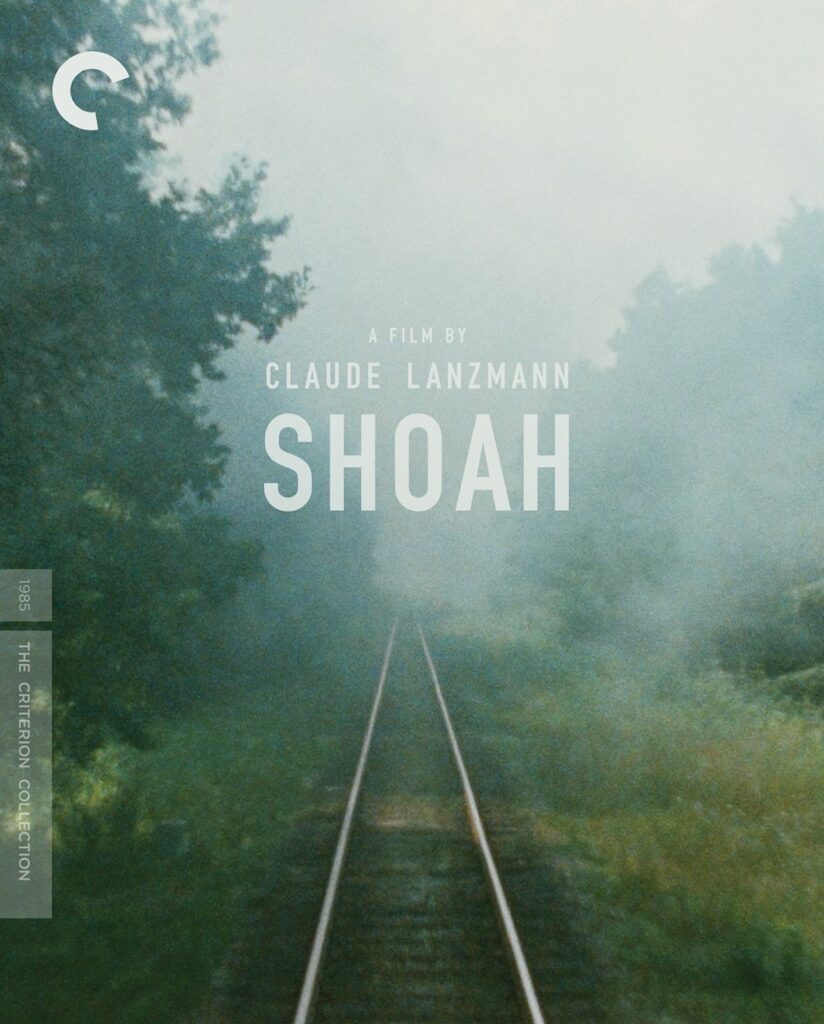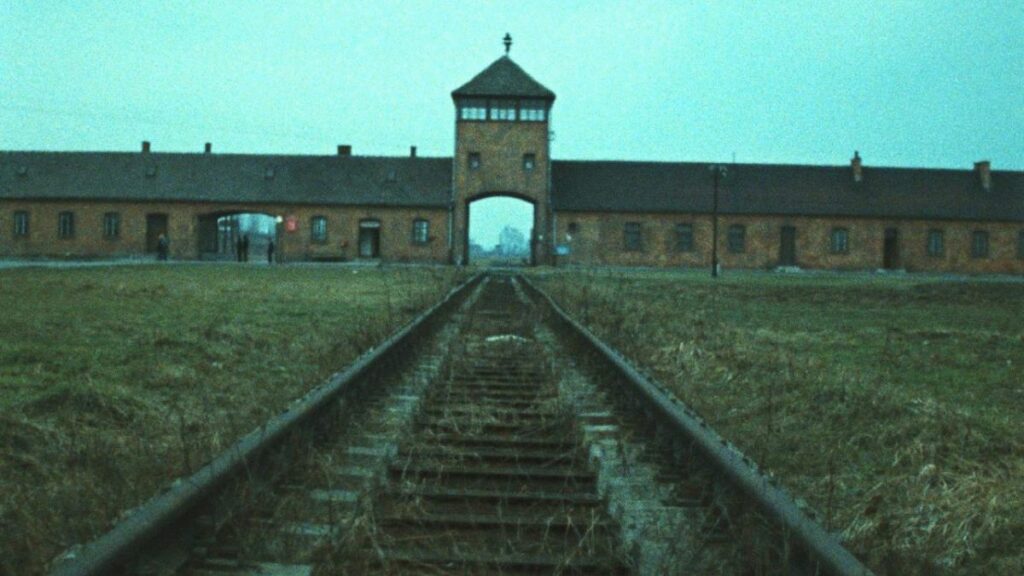David Baddiel has questioned the casting of the non-Jewish Cillian Murphy in the role of Robert J. Oppenheimer.
And both Clarisse Loughrey and Peter Bradshaw were similarly critical in their reviews of the film for The Independent and The Guardian respectively. But the film’s far more egregious sin, surely, was its failure to cast an actual physicist in the role.
After all, his vocation as a nuclear physicist was far more fundamental to Oppenheimer the man than his cultural heritage. But, bizarrely, the filmmakers chose inexplicably to cast an actor in the role! Which isn’t just frankly silly, it’s grossly unfair.
How on earth can an actor be expected to have any kind of understanding or feeling for the casual backstabbing and ruthless competitiveness that academics have to deal with, every day?
The only way to make a role like that in any way believable is by casting an actual physicist. Actually, now that I think about it, you know who would have been absolutely perfect? Stephen Hawking. If of course he’d been Jewish. And still alive.
It’s that kind of old fashioned, colonial-era miscasting that’s bedevilled Hollywood since God was a child. Examples are, almost, too numerous to catalogue. But probably the most infamous was the sorry sight of the mild-mannered, unfailingly polite and visibly well-meaning Anthony Hopkins trying forlornly to convince in the role of Hannibal Lecter.
Surely they could have found one of the many flesh-eating mass murderers biding their time in any number of the jails there to take on the role? Whose idea was it to imagine that Hopkins could be in any way believable portraying a character he clearly had absolutely no cultural connection with?!
And don’t get me started on Orson Welles as, if you can believe it, Othello!! Or, for that matter, Marlon Brando as, wait for it, Mark Antony!!
Brando had never set foot in Italy, had never studied the Classics and had had absolutely no practical experience or knowledge of the life or world of a practicing politician, whatsoever. Never mind a Roman one!! And yet there he is, casually donning a toga, if you don’t mind.
What is it about privileged, white, middle class, middle aged males that makes them imagine that all you need do is don a costume, memorize lines that have been carefully sculpted and painfully agonized over, and immerse yourself in an extensive programme of profound, unrelenting and often maniacally obsessive research, that can stretch for months and years at a time, and then, hey presto, you’re suddenly equipped, magically, to somehow inhabit another character?! I mean, seriously?!
Would that it were that simple, gentlemen. All any of that can be called, I’m afraid, is cultural appropriation, pure and simple. And I, for one, say enough. Enough is enough, it really is. It’s literally the same word (© any number of Late night American stand-ups).
Which isn’t, of course, to in any way take away from any of the marvellous performances that actresses have given in the role of, for instance, men. Each of which, without exception, were courageous, thought-provoking and brilliantly challenged our social mores and cultural preconceptions.
I’m thinking of course of Judi Dench as M, Cate Blanchett in I’m Not There, Gwyneth Paltrow in Shakespeare in Love and, for that matter, any one of those wonderfully inventive all-female productions of Shakespeare. Which, delightfully, are often performed in the park.
Equally, Welles’ ‘voodoo’ Macbeth, from 1936, in which all of the Scottish parts were performed by an all black cast, was brave, admirable and entirely to be applauded – and one of the few that things that, for once, Welles managed not to make a mess of.
But as for that unforgivable performance in -
(continued on pages 62–187. For the full list of all the films that we should never watch, ever again, see Appendices F(1) F(2) and S.)
Sign up for a subscription right or below, and I shall keep you posted every month on All the very best and worst in film, television and music!















